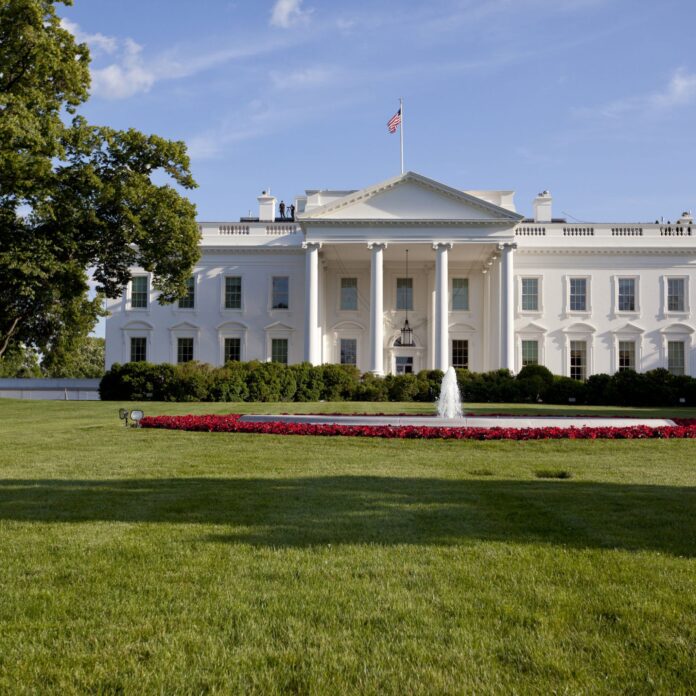More Huawei subsidiaries added to “entity list”
The U.S. Department of Commerce’s Bureau of Industry and Security (BIS) renewed a special temporary general license (TGL) allowing Chinese vendor Huawei to continue doing business with U.S. companies and serving existing customers for another 90 days.
In May, the Department of Commerce (DoC) added Huawei and many of its affiliates to its Entity List, a decision that effectively banned the company from buying parts and components from U.S. companies without U.S. government approval. Under the order, Huawei now needs a U.S. government license to buy components from U.S. suppliers.
However, the authorities issued a special license a week later allowing the company to temporarily continue doing business with US partners. That license expired on Monday (August 19).
The extension of this TGL authorizes specific, limited engagements in transactions involving the export, reexport, and transfer of items to Huawei and its non-U.S. affiliates which are subject to the Entity List, the DoC said in a release. The government said that “the continuation of the license is intended to afford consumers across America the necessary time to transition away from Huawei equipment, given the persistent national security and foreign policy threat.”
“As we continue to urge consumers to transition away from Huawei’s products, we recognize that more time is necessary to prevent any disruption,” said Secretary of Commerce Wilbur Ross. “Simultaneously, we are constantly working at the Department to ensure that any exports to Huawei and its affiliates do not violate the terms of the Entity Listing or Temporary General License.”
Over the weekend, President Donald Trump had said the U.S. government might not grant an extension, reiterating claims Huawei represents a national security threat. Trump said he does not “want to do business [with Huawei] at all because it is a national security threat”, according to a report by Reuters.
The DoC also added 46 more Huawei subsidiaries to the Entity List, bringing the total of blacklisted affiliates to more than 100.
Once the government included Huawei and its affiliates to the Entity List, U.S. firms including Google, Intel, Qualcomm and Micron had halted shipments due to the restrictions. Huawei relies heavily on computer chips imported from U.S. companies. Out of $70 billion that Huawei spent buying components in 2018, some $11 billion went to U.S. firms including Qualcomm, Intel and Micron Technology
Last month, President Donald Trump had agreed to grant “timely” licensing decisions to U.S. technology firms that want to sell components and services to Huawei, following a meeting between the U.S President and the CEOs of Google, Cisco, Intel, Western Digital Corporation, Micron, Qualcomm and Broadcom.
Following a recent bilateral meeting with Chinese President Xi Jinping in Osaka, Japan, Trump said that U.S. companies can sell their equipment to Huawei as long as the transactions won’t present a “great, national emergency problem.”
However, Wilbur Ross said “no specific licenses are being granted for anything” at this time.
RCR Wireless News recently sat down with Huawei USA SVP of Public Affairs Joy Tan to discuss the broader economic implications of Huawei’s fraught relationship with the American officials. Watch that video here:

